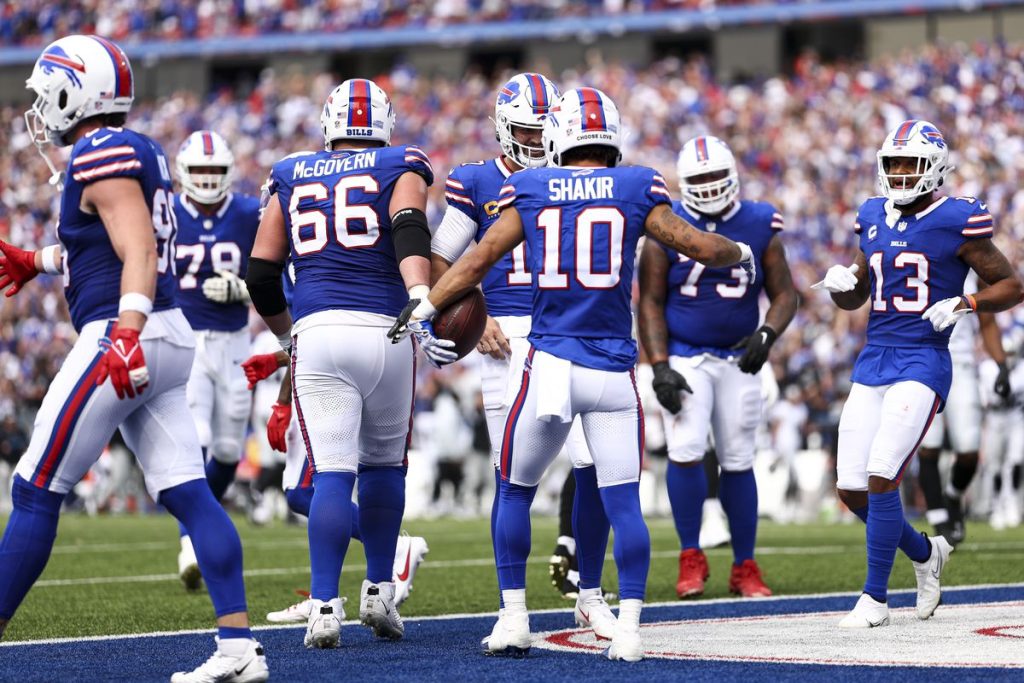In the realm of NFL betting, where fortunes can shift as swiftly as a well-executed touchdown play, harnessing the power of big data and analytics has become the ultimate game-changer. Gone are the days when wagering was purely driven by gut instincts or a favorite team’s loyalty. Today, sophisticated algorithms and data-driven strategies are revolutionizing the way enthusiasts approach sports betting, particularly in the high-stakes arena of professional football. At the heart of this transformation lies big data a vast ocean of statistics, player performance metrics, injury reports, weather conditions, and historical trends. By leveraging cutting-edge analytics tools, seasoned bettors and sportsbooks alike can delve deep into this wealth of information to uncover hidden patterns and insights that elude the naked eye. Whether it is identifying undervalued teams, predicting game outcomes with uncanny accuracy, or spotting lucrative betting opportunities, the possibilities are as endless as the data itself. One of the most compelling applications of big data in NFL betting is predictive modeling. By meticulously analyzing past game data and player statistics, predictive models can generate probabilistic forecasts for various game scenarios.

These models take into account a myriad of factors, including team performance, individual player matchups, coaching strategies, and even intangible variables like home-field advantage. Through machine learning algorithms and statistical techniques, these models continuously refine themselves, learning from each game’s outcome to enhance their predictive accuracy over time. Moreover, big data enables bettors to gain a competitive edge by identifying inefficiencies in the betting market. By monitoring top NFL picks and predictions betting trends and odds fluctuations across multiple sportsbooks, savvy bettors can pinpoint discrepancies between perceived probabilities and actual probabilities, allowing them to capitalize on mispriced bets. This arbitrage opportunity, known as line shopping, is made possible by real-time data feeds and automated trading algorithms, which can execute trades within milliseconds to exploit fleeting market inefficiencies. In addition to predictive modeling and arbitrage, big data also empowers bettors to make informed decisions in real-time, particularly during live betting scenarios.
With the advent of advanced analytics platforms and live data feeds, bettors can monitor in-game statistics and performance metrics as they unfold, enabling them to adjust their bets on the fly based on evolving game dynamics. Whether it is capitalizing on momentum shifts, exploiting fatigue or injury-related vulnerabilities, or simply hedging against unexpected outcomes, the ability to react swiftly to changing circumstances can mean the difference between winning big and losing it all. However, amidst the allure of big data and analytics, it is essential to recognize that success in NFL betting ultimately hinges on a delicate balance between data-driven insights and human intuition. While algorithms and predictive models can provide invaluable guidance, they are not infallible. Ultimately, it is the bettor’s ability to interpret and contextualize the data, combined with a deep understanding of the sport and its nuances that separates the winners from the losers. In conclusion, the marriage of NFL betting and big data analytics represents a paradigm shift in the world of sports wagering. By harnessing the power of vast datasets and advanced analytics tools, bettors can gain unprecedented insights into game dynamics, player performance, and betting market inefficiencies. Yet, while data may be king, it is the astute bettor who reigns supreme, blending quantitative analysis with qualitative judgment to outsmart the odds and emerge victorious on game day.